What would you do with an online Ivy League education at your fingertips? Graduates of the Bachelor of Applied Arts and Sciences degree and working adults who completed Penn LPS Online certificates and courses share their experiences of the virtual classroom―and their plans for putting their education to work.
Student Voices
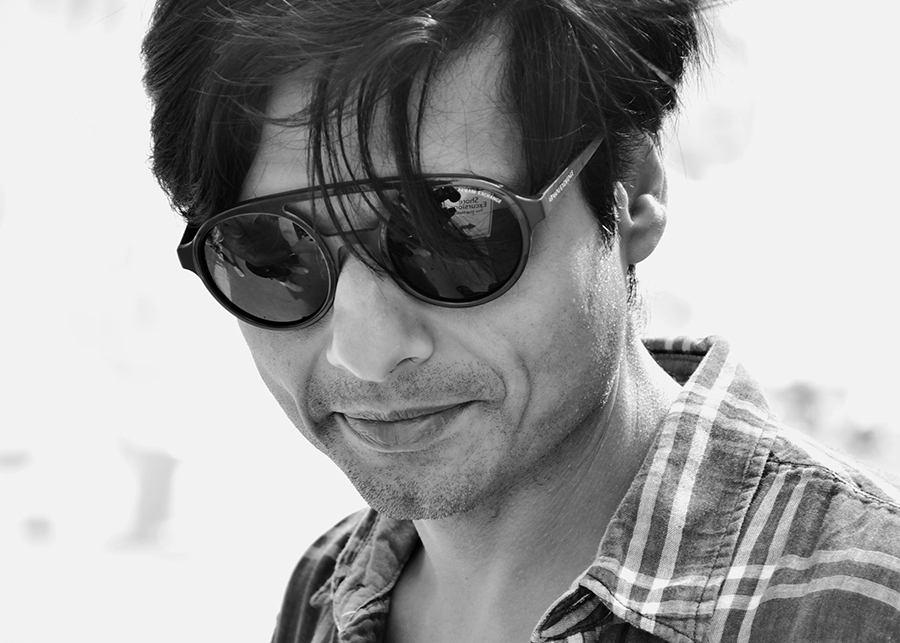
Sandeep Aggarwal
Certificate in Data Analytics, University of Pennsylvania ’24
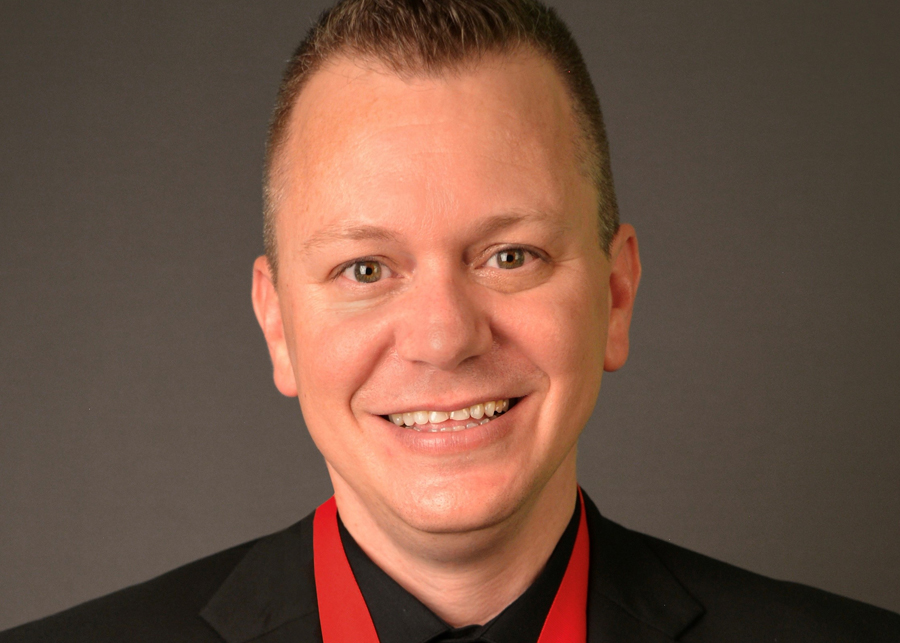
Liam Drennan Blakeway
Bachelor of Applied Arts and Sciences, University of Pennsylvania ’26—expected Concentration: Creative Studies
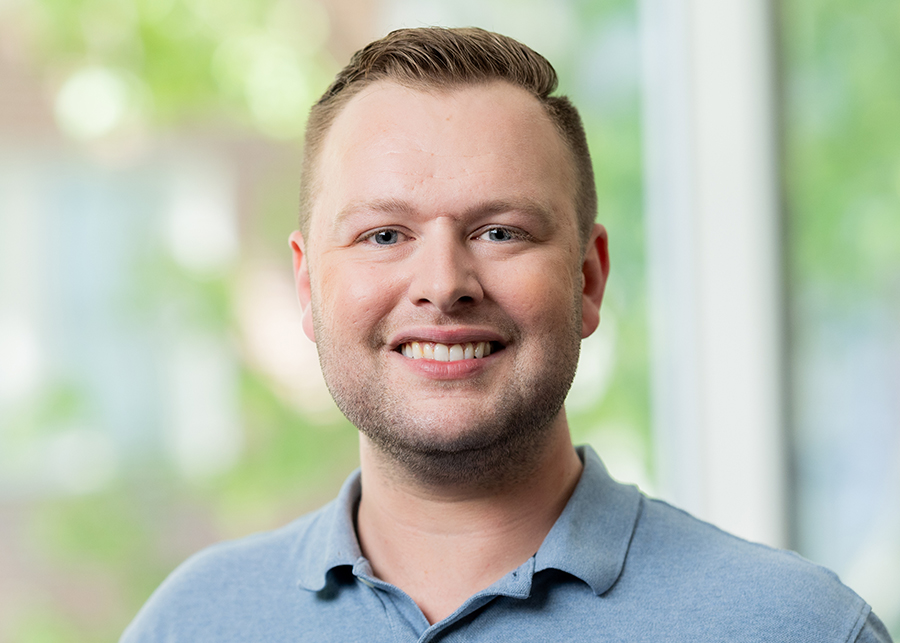
Shane Coolbaugh
Bachelor of Applied Arts and Sciences, University of Pennsylvania ’24, Concentration: Leadership and Communication
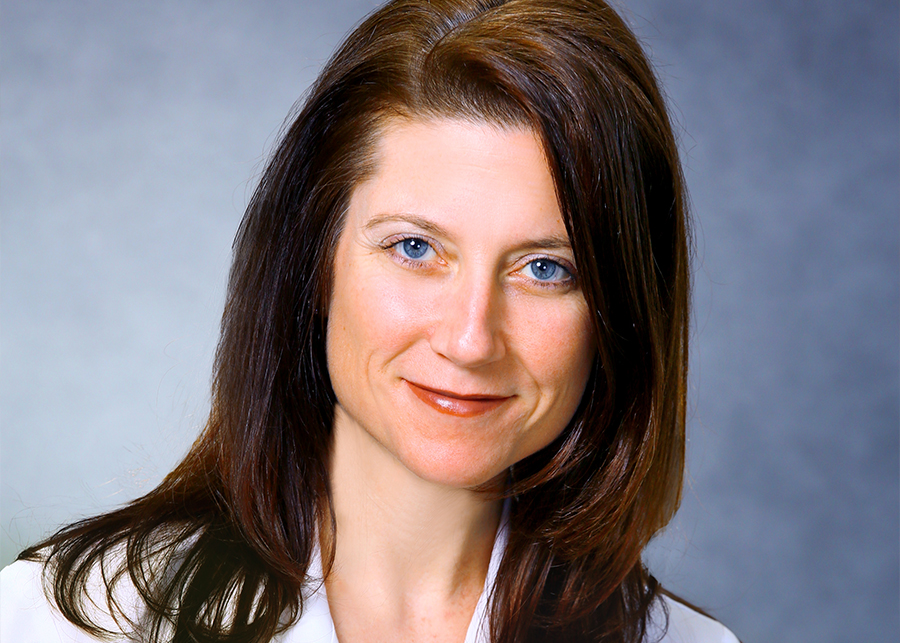
Kelly Gilrain
Certificate in Applied Positive Psychology, University of Pennsylvania ’24
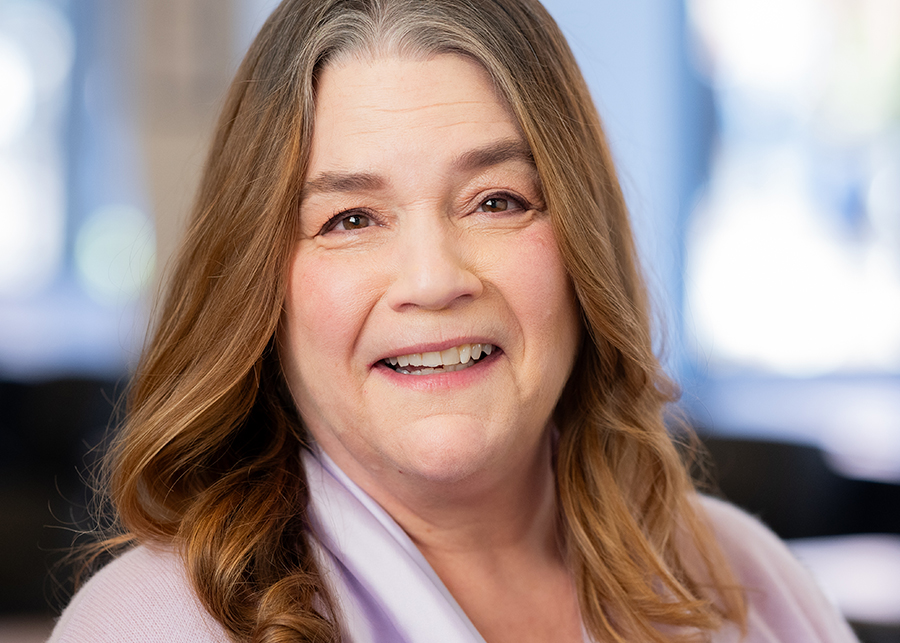
Cheryl O’Donnell-Flynn
Bachelor of Applied Arts and Sciences, Individualized Studies ‘23
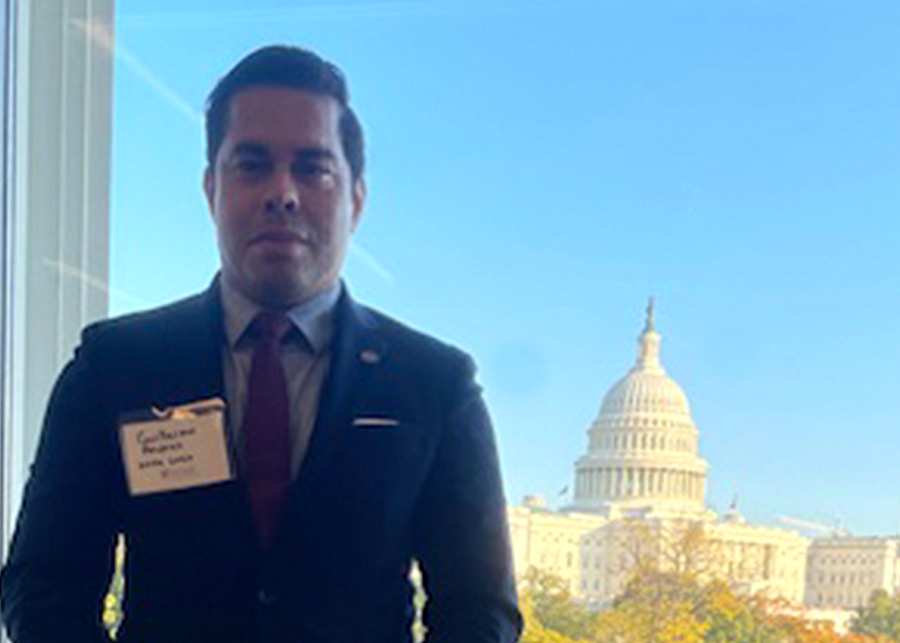
Guillermo A. Romero
Executive Master of Public Administration, Fels institute of Government, University of Pennsylvania ’26—expected
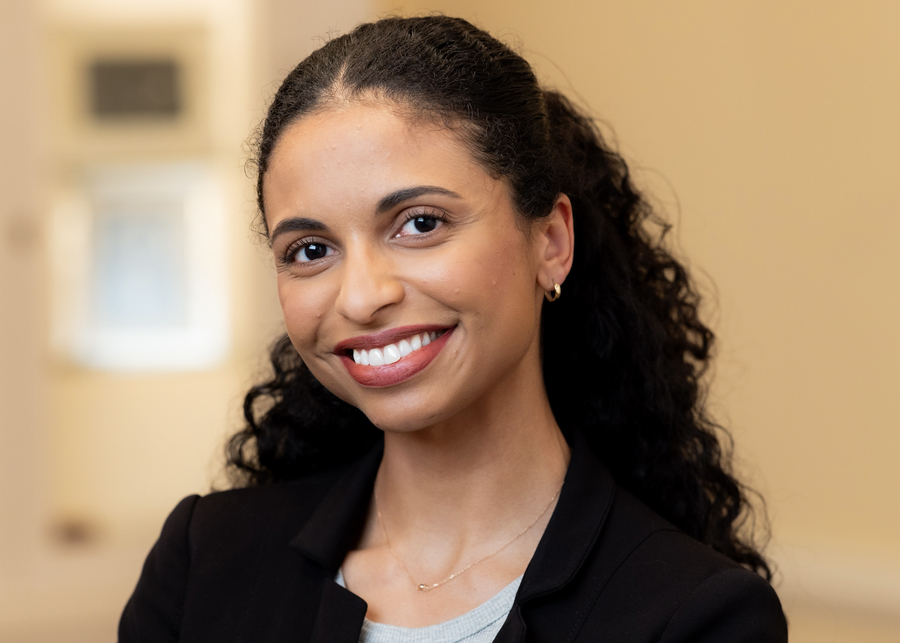
Fernanda Oliveira
Bachelor of Applied Arts and Sciences, University of Pennsylvania ’24
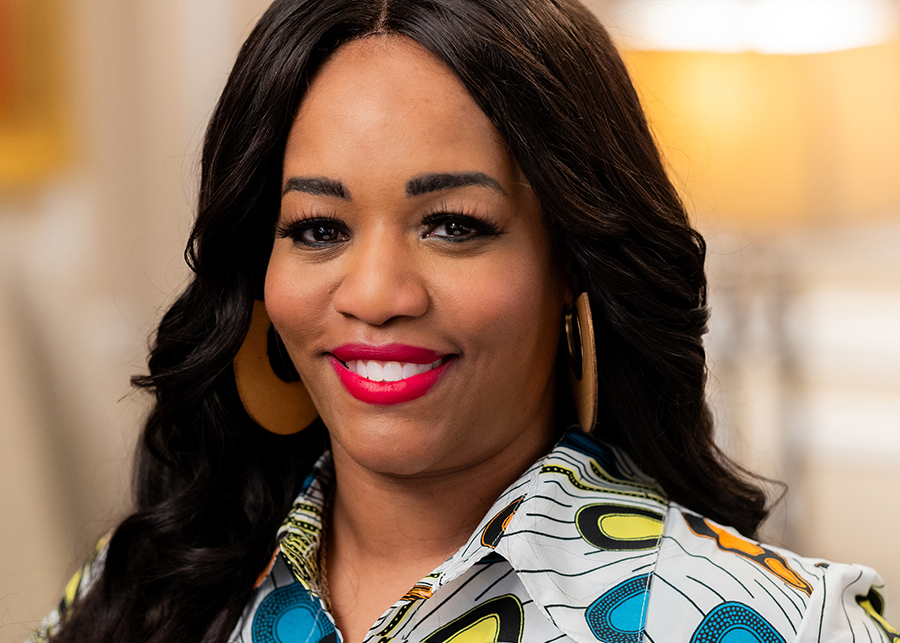
Shaneeta Bagley
Bachelor of Applied Arts and Sciences, Physical and Life Sciences ‘24
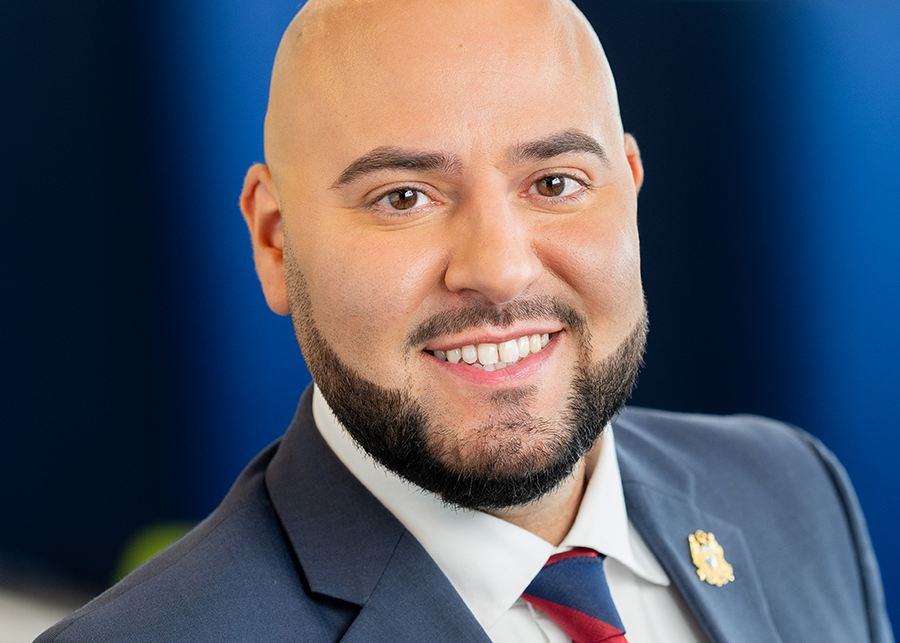
Rafael Álvarez Febo
Bachelor of Applied Arts and Sciences in Literature, Culture, and Tradition, University of Pennsylvania ’24
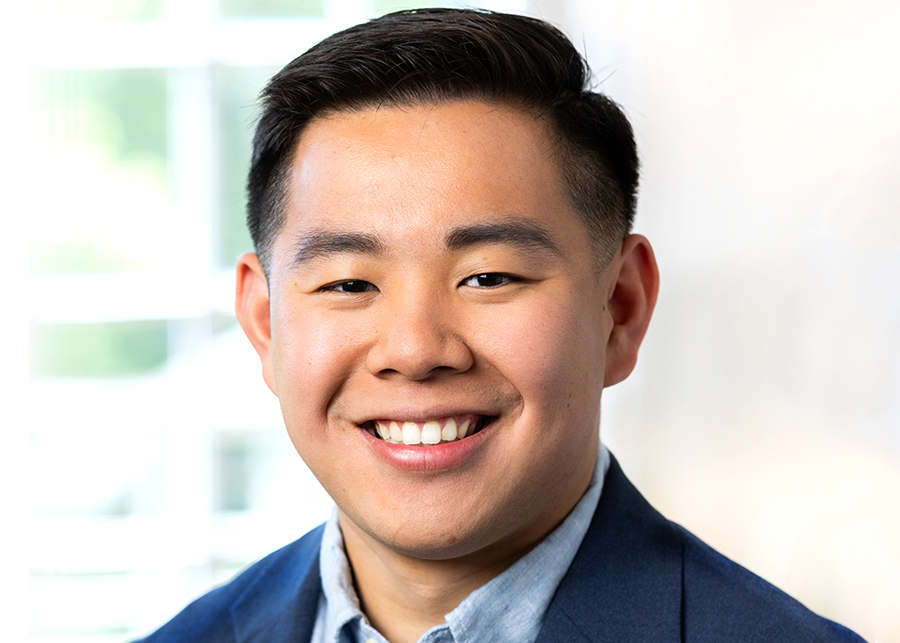
Andy Lan
Bachelor of Applied Arts and Sciences, Leadership and Communication ‘23
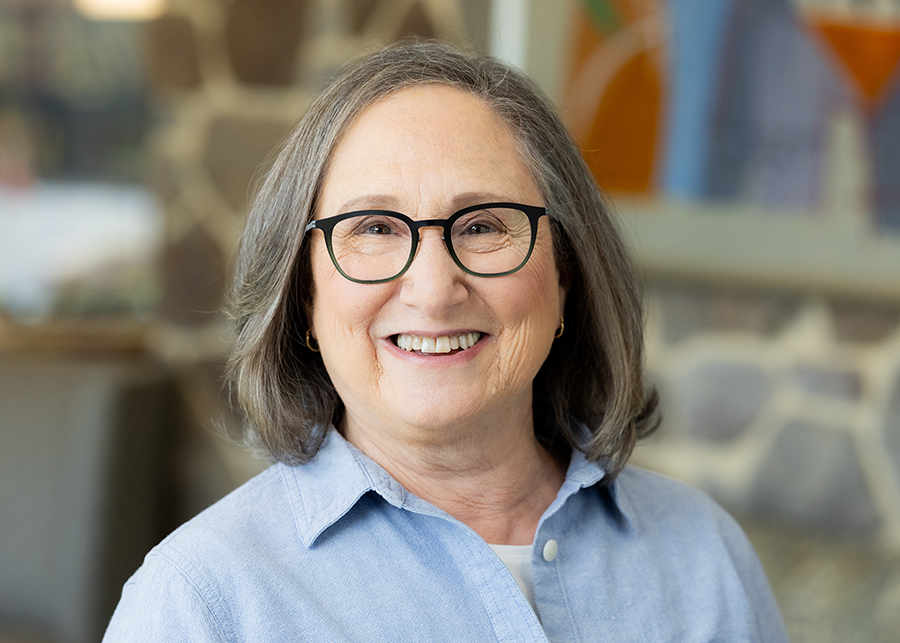
Jane Horwitz
Certificate in Climate Change, University of Pennsylvania ‘23
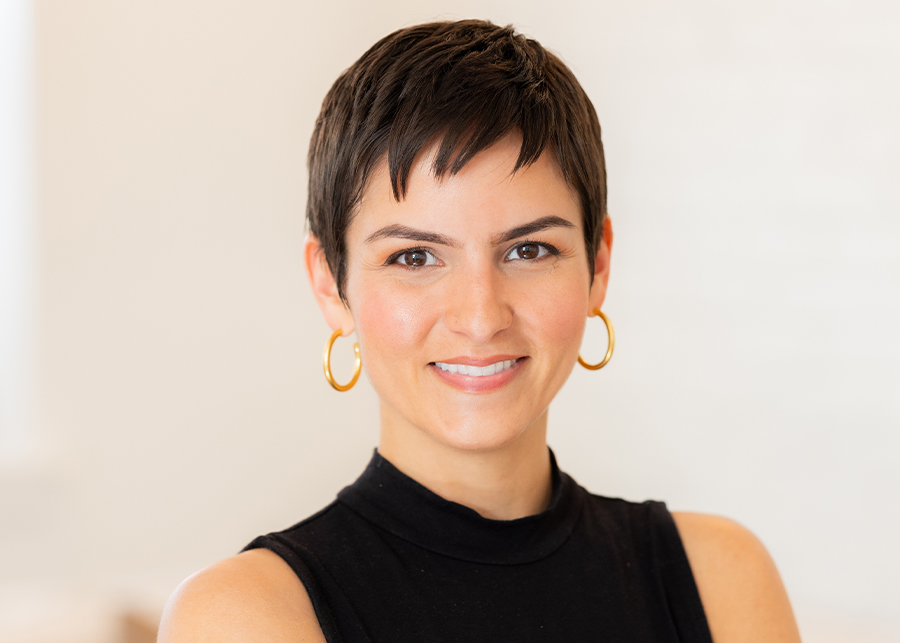
Katie Shelburn
Penn LPS Online Certificate in Professional Writing ’23
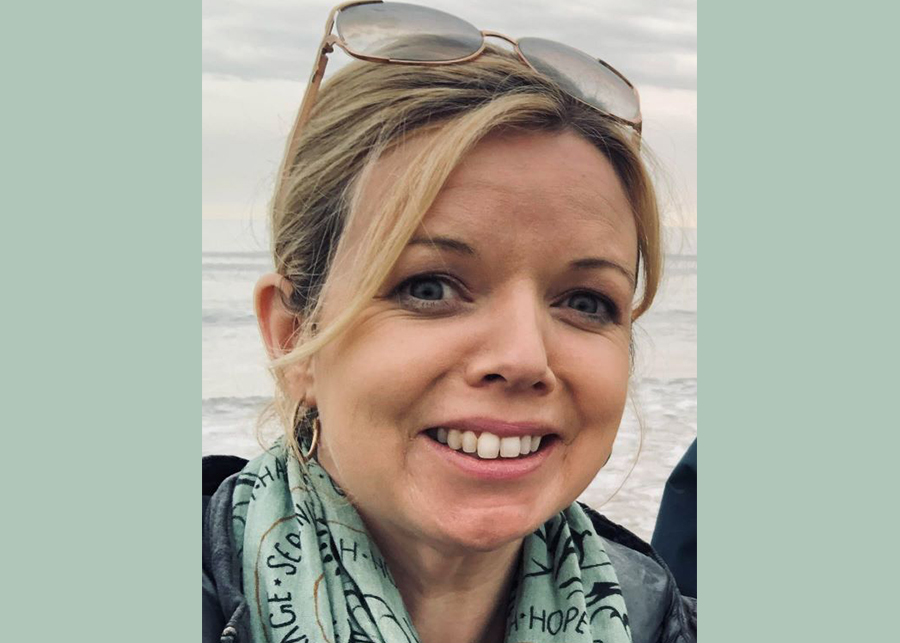
Kristen Egan
Penn LPS Online Certificate in Professional Writing ’23
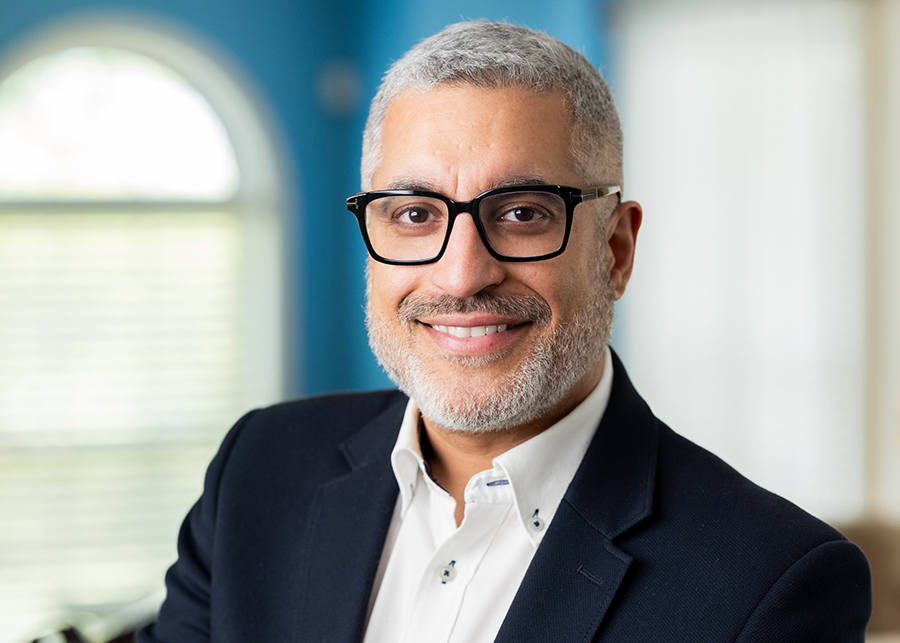
Ernesto Encarnacion
Bachelor of Applied Arts and Sciences, University of Pennsylvania ‘24
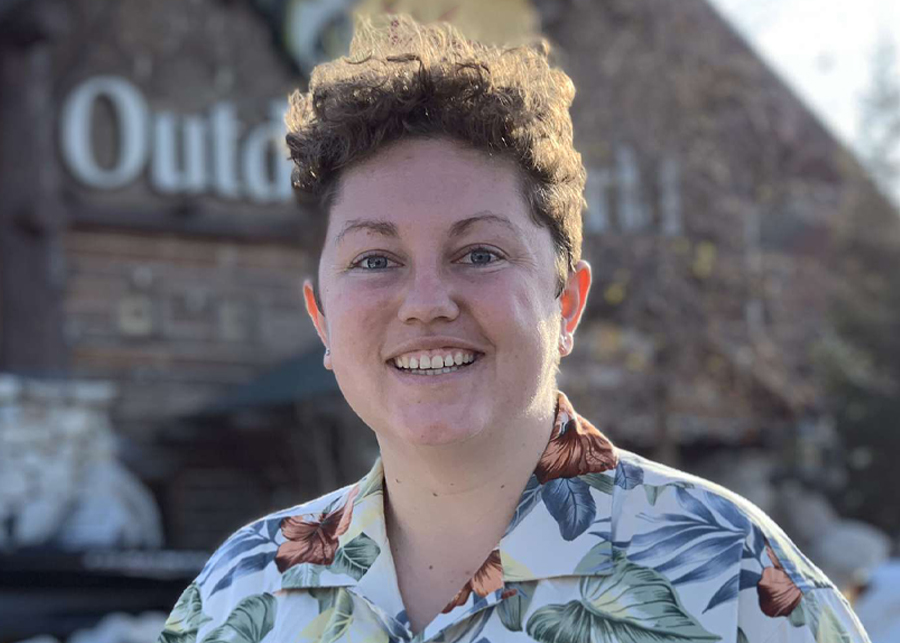
Audrey Cavanah
Penn LPS Online Certificate in Neuroscience ’24
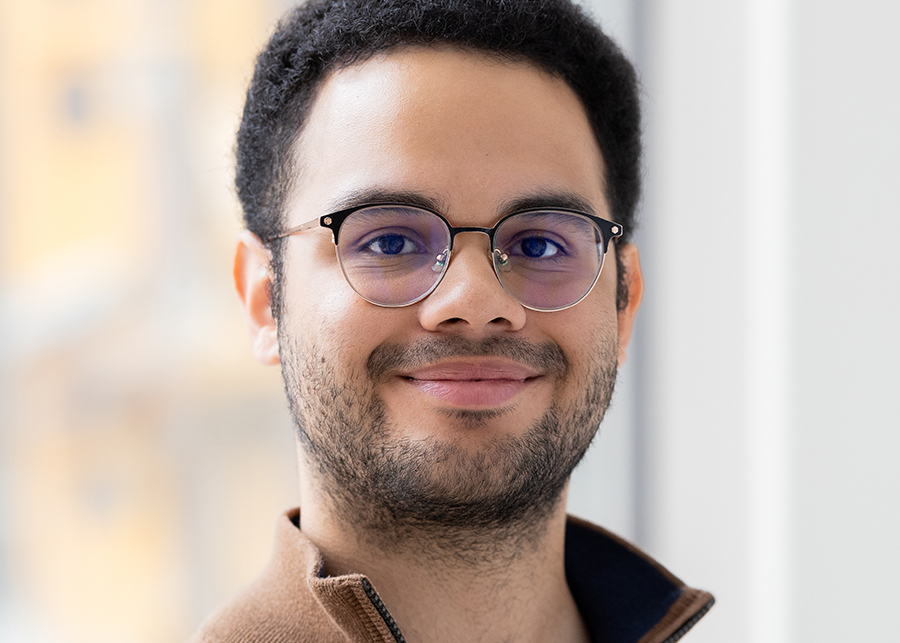
Joe Barreto
Bachelor of Applied Arts and Sciences in Physical and Life Sciences, University of Pennsylvania ’23
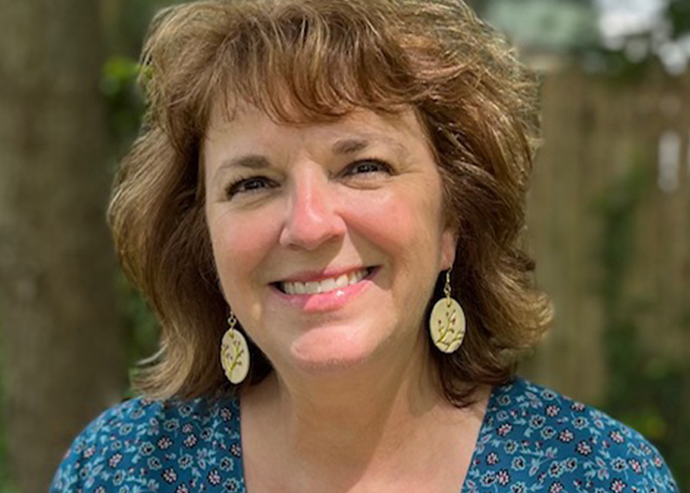
Kimberly Chambers
Bachelor of Applied Arts and Sciences in Creative Studies, University of Pennsylvania ’24
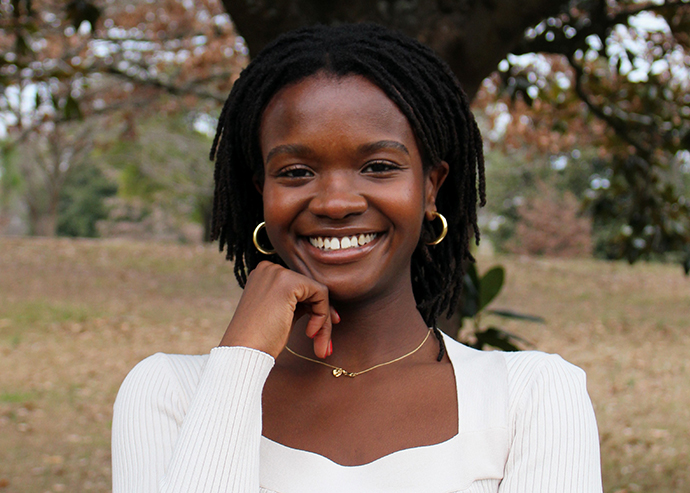
Lauren M. Spann
Penn LPS Online Certificate in Creative Writing ’23
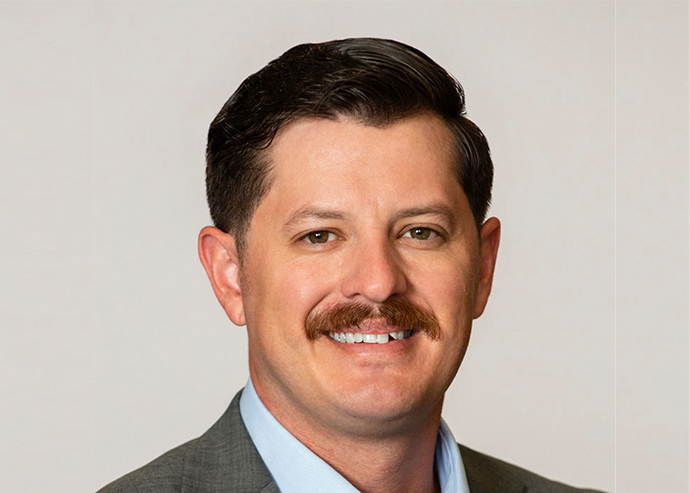
Charles Hernandez
Master of Science in Computer Science, Stanford University ’25—expected
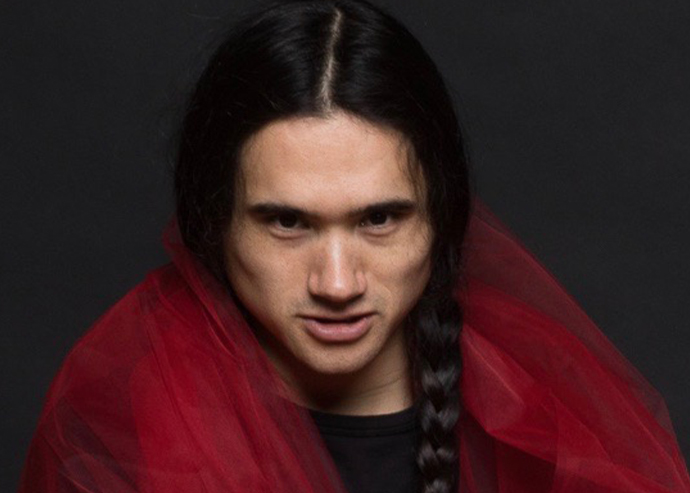
Micah Huang
Doctor of Philosophy in Creative Practice and Critical Inquiry, Harvard University ’28—expected
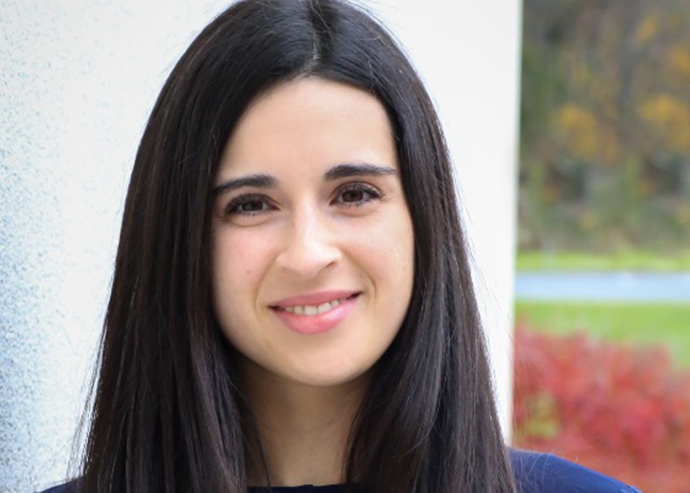
Jesse Clasen
Bachelor of Applied Arts and Sciences, University of Pennsylvania '22
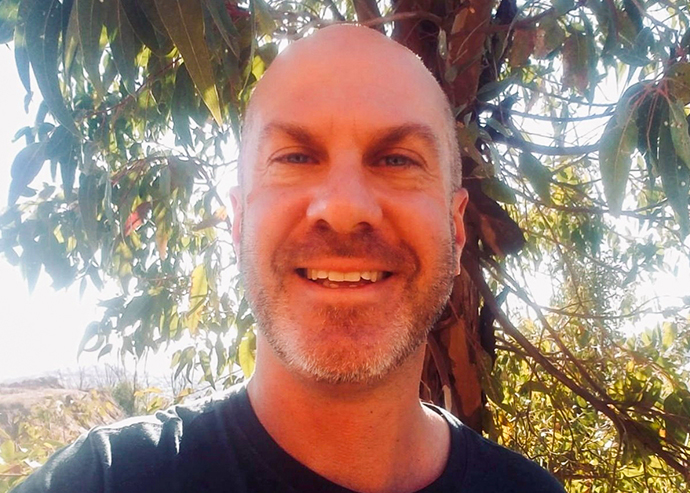
Emrys Stromberg
Master of Science in Ethnobotany, University of Kent, Canterbury '24-expected
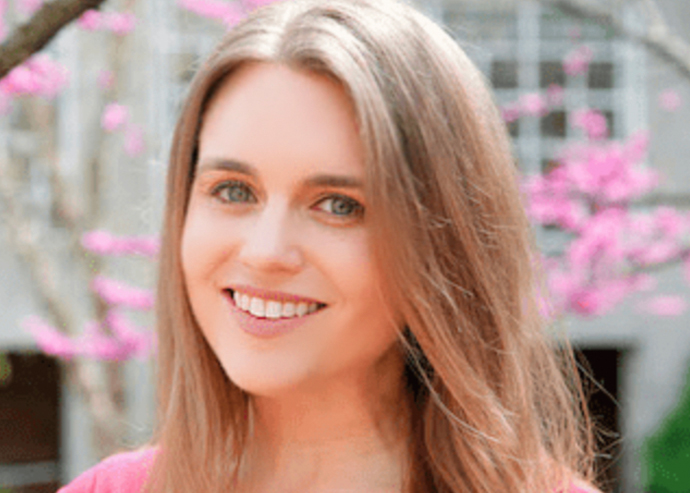
Kelley Roark, RMA
Penn LPS Online Certificate in Neuroscience '23
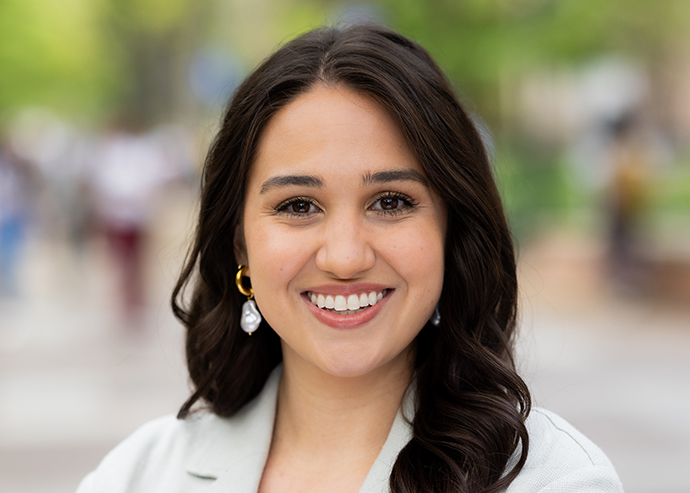
Gabrielle Solair
Bachelor of Applied Arts and Sciences, University of Pennsylvania '23
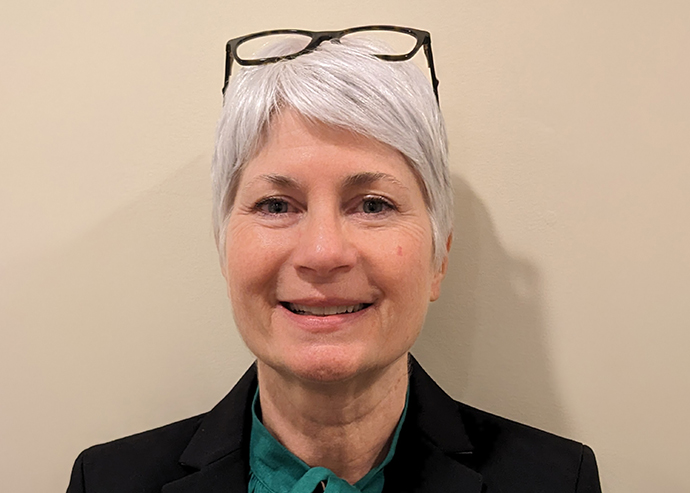
Elizabeth Seiffert
Penn LPS Online Certificate in Climate Change '22
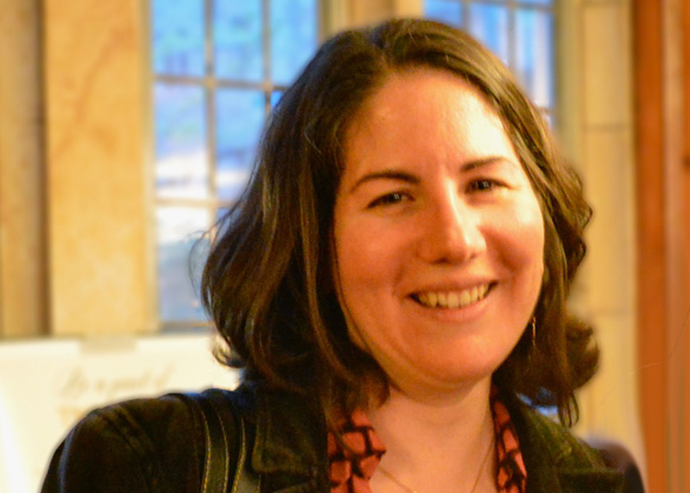
Christine Muller, PhD
Penn LPS Online Advanced Certificate in Creative Writing '22
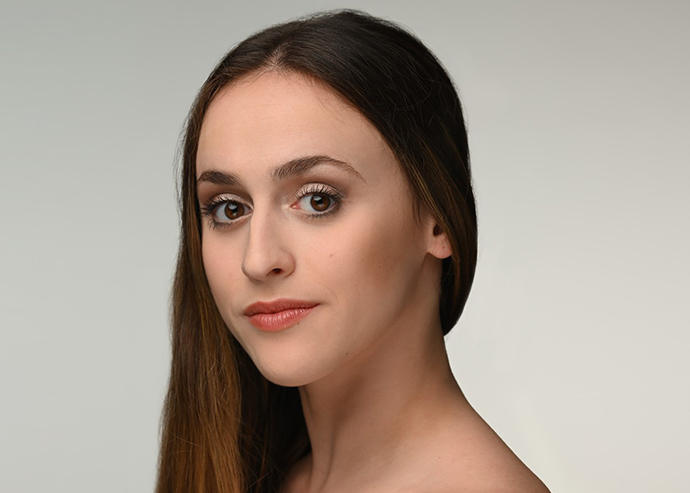
Lindsay Jorgensen
Penn LPS Online Advanced Certificate in Creative Writing '22
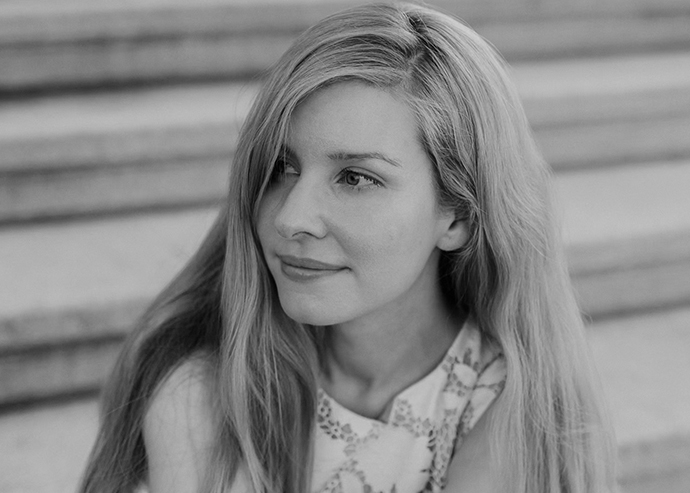
Bree Smith
Master of Fine Arts in Creative Writing, Savannah College of Art and Design '24—expected
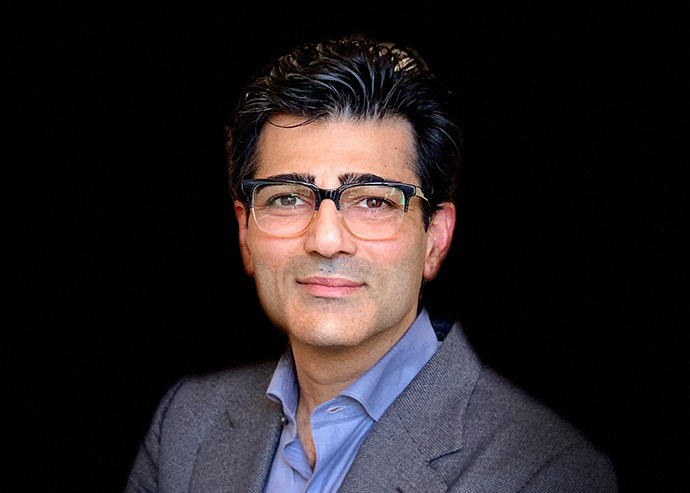
Vishal Sibal
Bachelor of Applied Arts and Sciences, University of Pennsylvania '24—expected
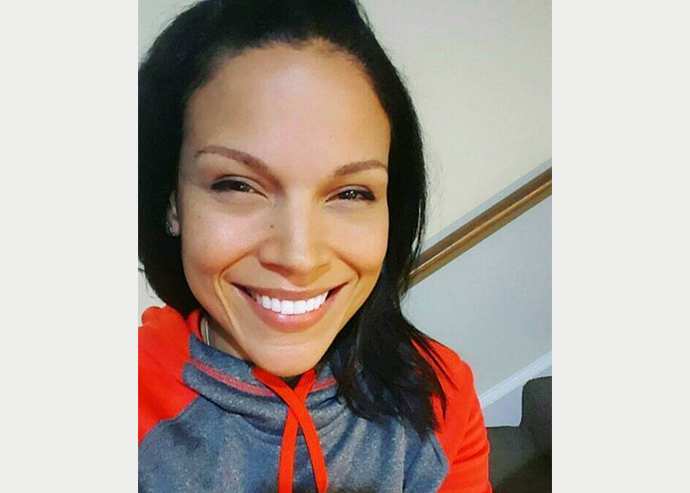
Kirsten Calloway
Master of Applied Positive Psychology, University of Pennsylvania ‘23
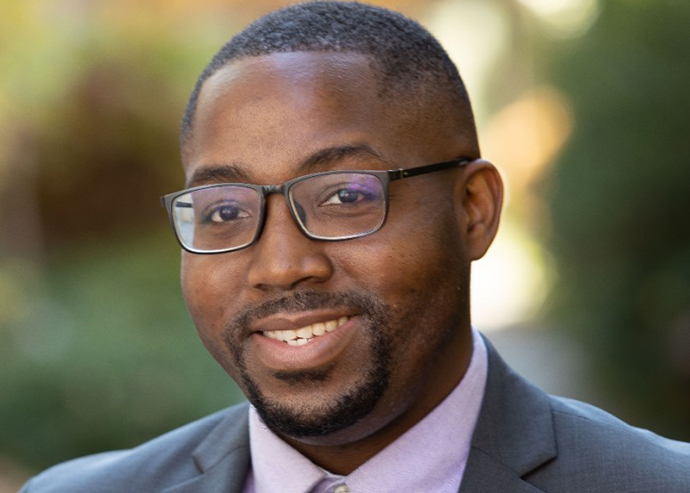
Nile Miller
Penn LPS Online Certificate in Data Analytics '22
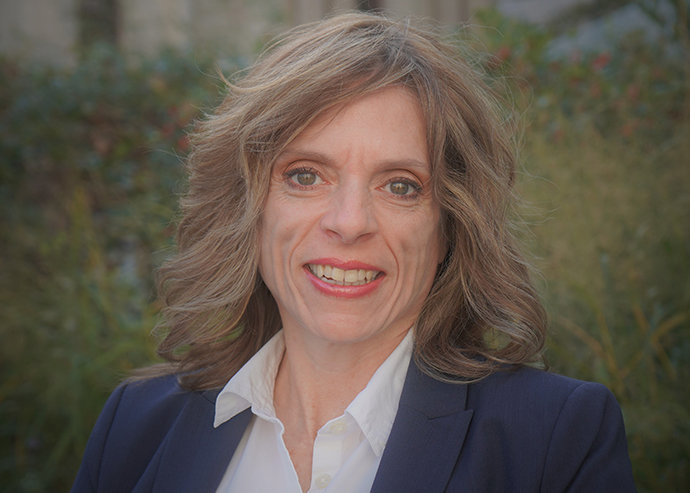
Michelle Miller
Penn LPS Online Certificate in Neuroscience ‘22
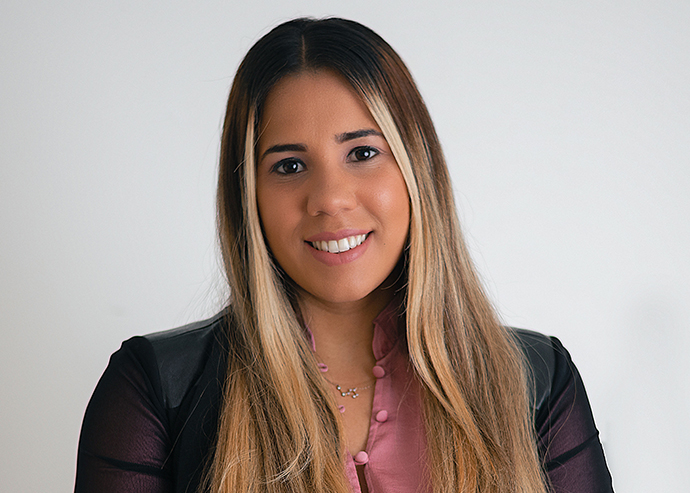
Cynthia S. Gonzalez
Bachelor of Applied Arts and, Sciences University of Pennsylvania ‘23
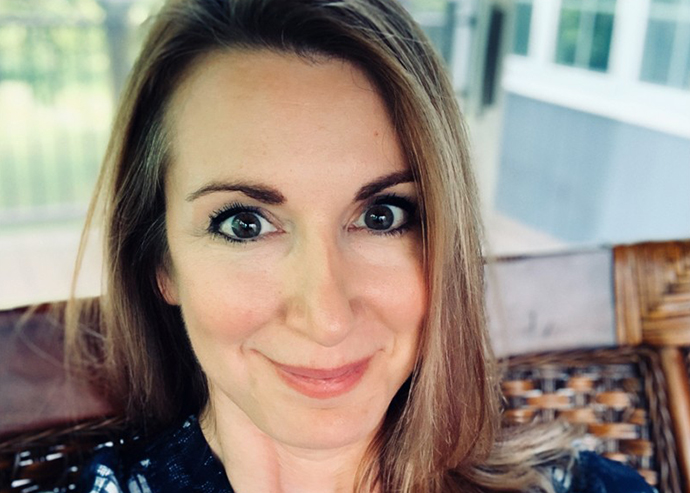
Michele Spilberg Hart
Penn LPS Online Certificate in Organizational Anthropology ‘22
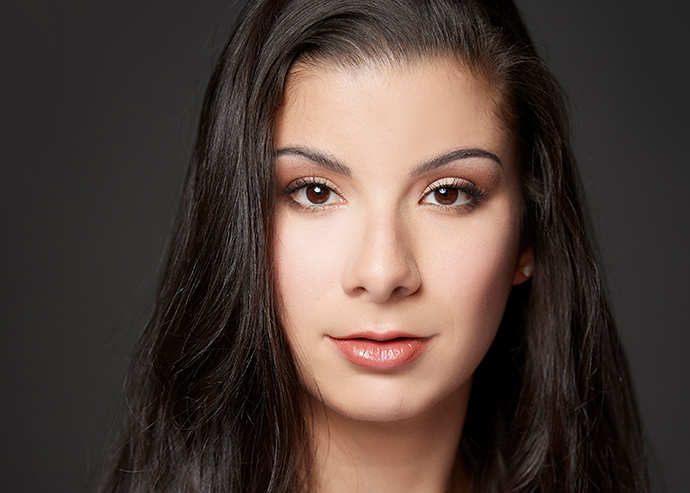
Halle Sherman
Bachelor of Applied Arts and Sciences, University of Pennsylvania '22
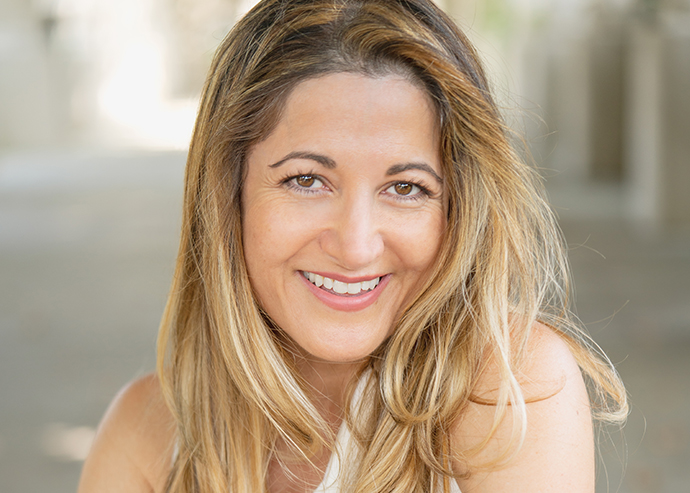
Chelar Vale
Bachelor of Applied Arts and Sciences, University of Pennsylvania ‘22
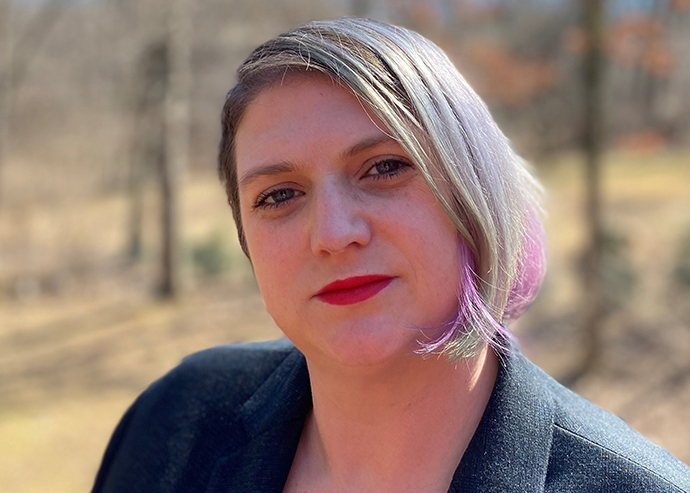
Rebecca McDow
Bachelor of Applied Arts and Sciences, University of Pennsylvania ‘21
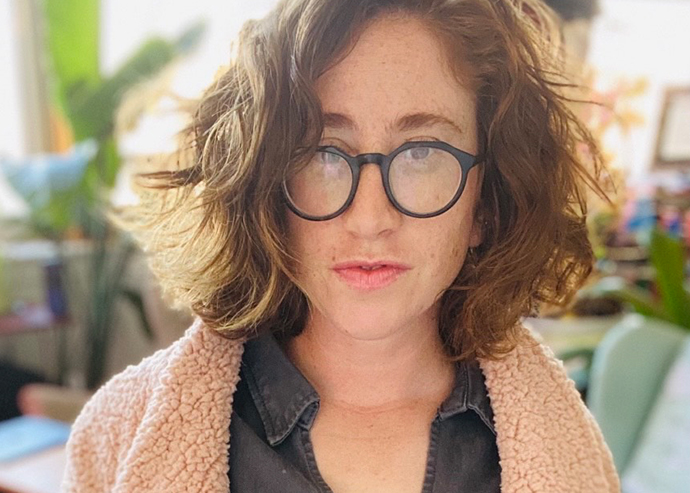
Gahl Shottan
Penn LPS Online Certificate in Creative Writing ‘21
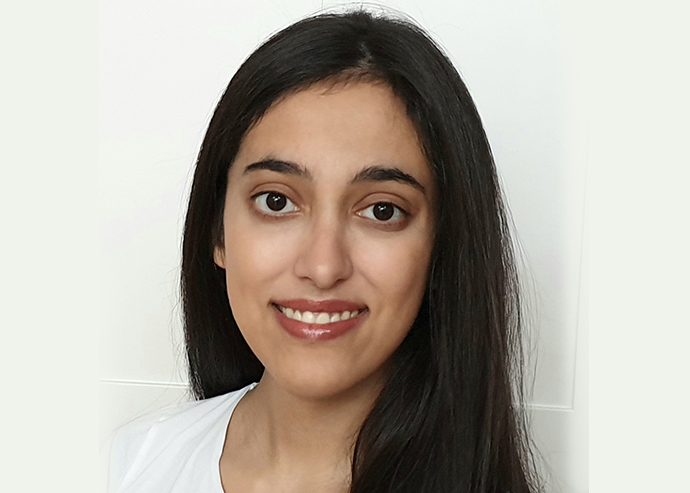
Felicia Grable
Penn LPS Online Certificate in Creative Writing ‘20
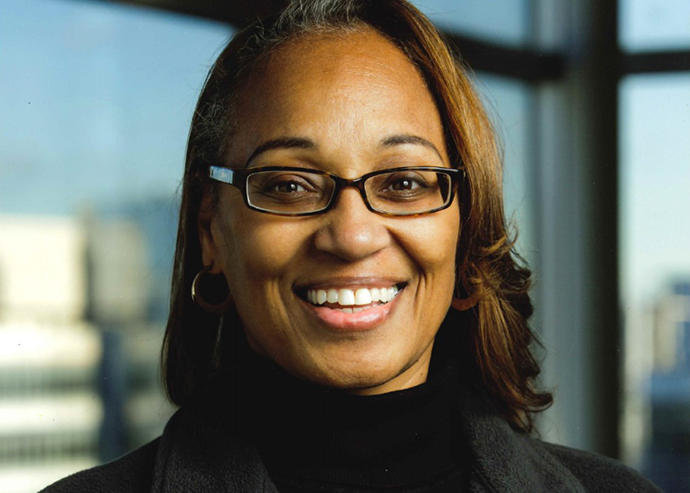
Tamaira Rhodes
Master of Liberal Arts, University of Pennsylvania ‘23
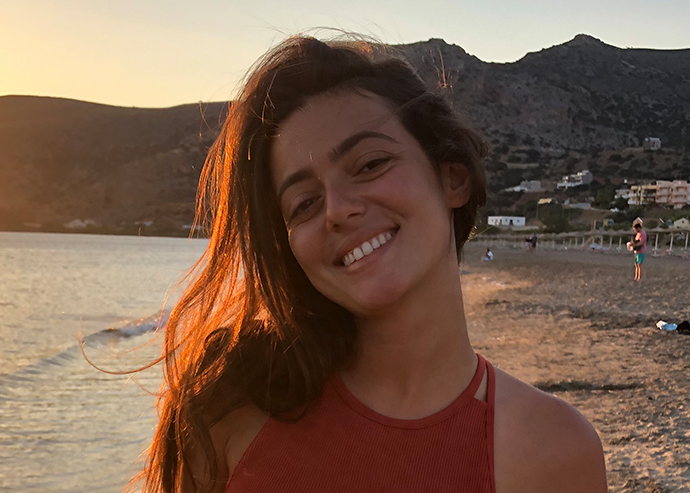
Dana Cheaib
Master of Fine Arts in Creative Writing, Vermont College of Fine Arts ’23—expected
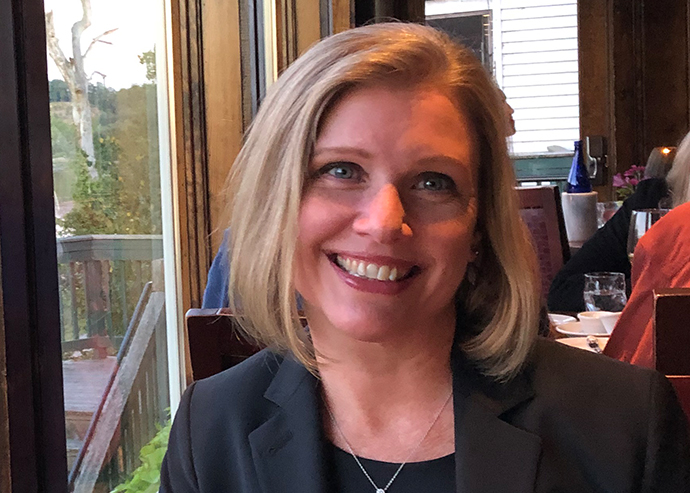
Erin Herbst Gomolinski
Penn LPS Online Advanced Certificate in Creative Writing ‘21
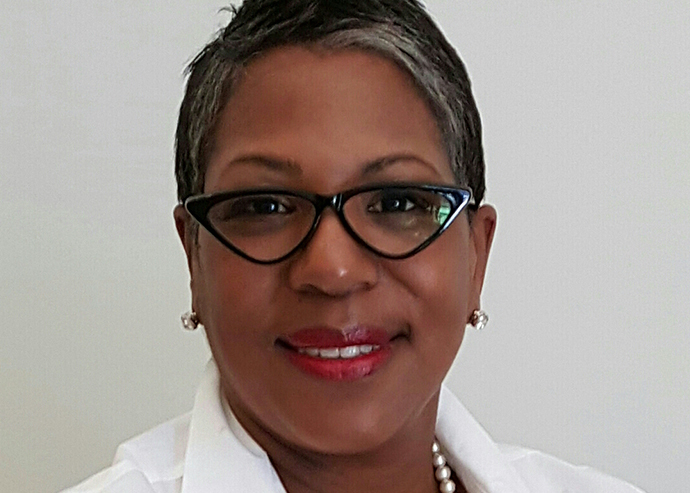
Eleanor Burke
Bachelor of Applied Arts and Sciences, University of Pennsylvania '24—expected
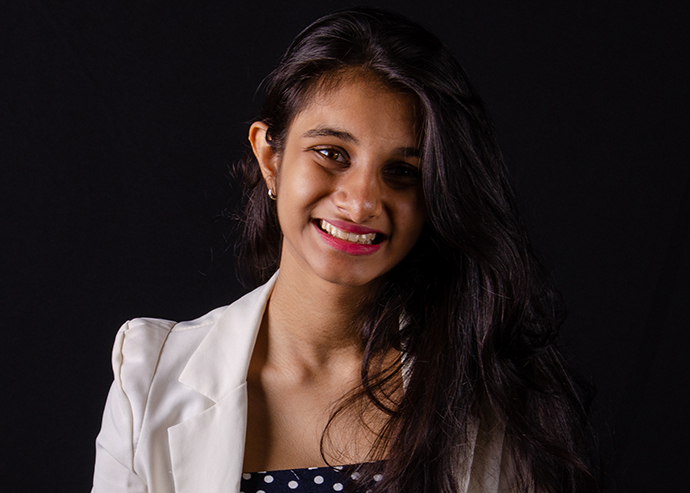
Harsha Ravindran
Bachelor of Applied Arts and Sciences, University of Pennsylvania ‘24—expected
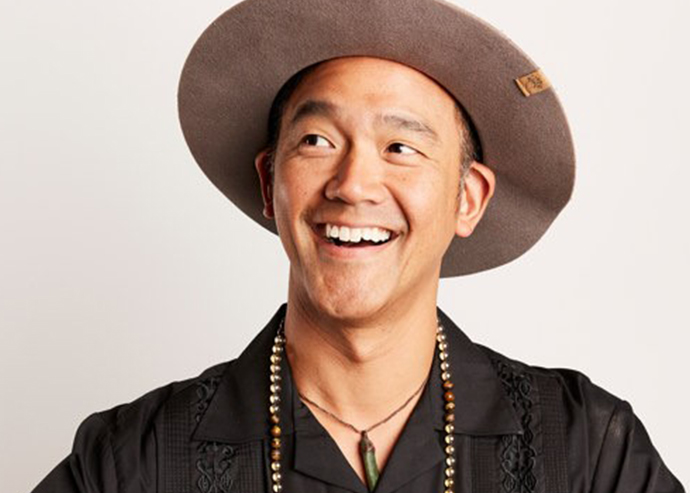
Erwin Benedict Valencia
Penn LPS Online Certificate in Applied Positive Psychology ‘21
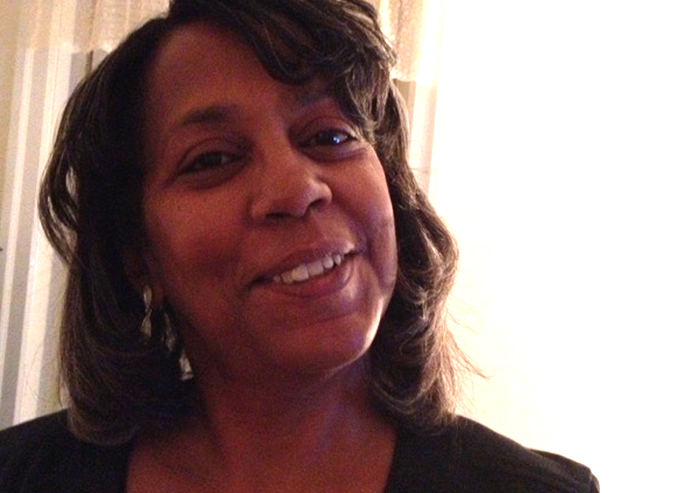
Joslyn Banks
Bachelor of Applied Arts and Sciences, University of Pennsylvania ‘20
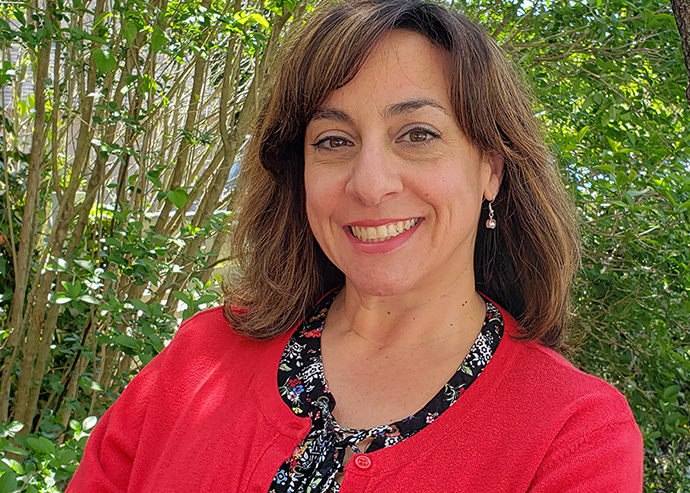
Daniela Mandracchia
Bachelor of Applied Arts and Sciences, University of Pennsylvania '20
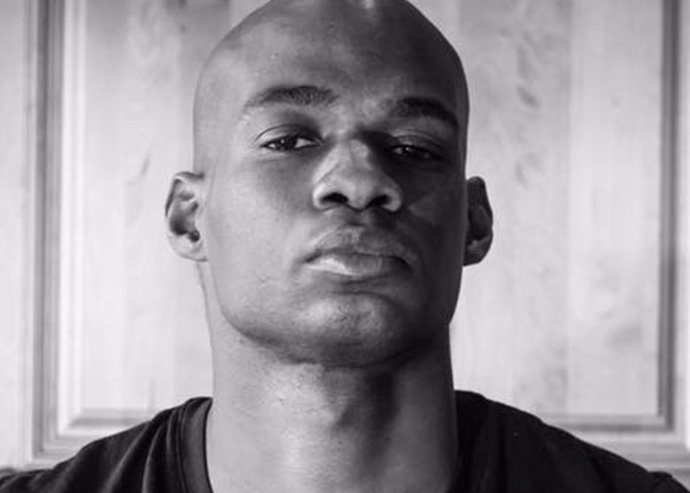
Robert Marshall
Penn LPS Online Certificate in Applied Positive Psychology ‘19
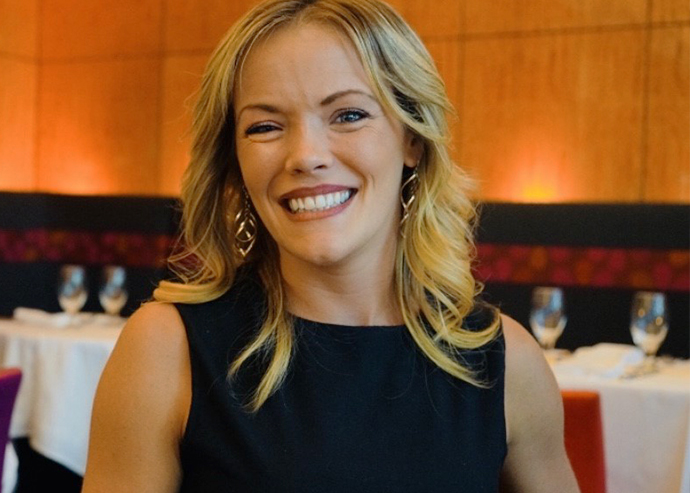
Mary Koenke
Bachelor of Applied Arts and Sciences, University of Pennsylvania '20
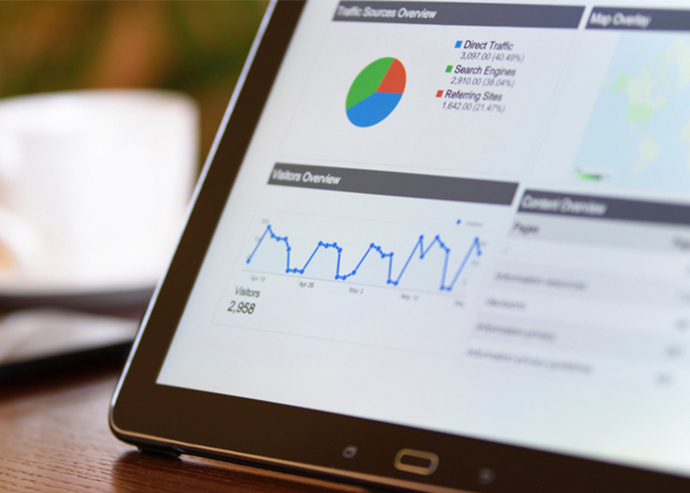
Susan Hassett
Penn LPS Online Certificate in Data Analytics ‘20
Apply Today
Ready to apply to Penn LPS Online?
Apply Now
